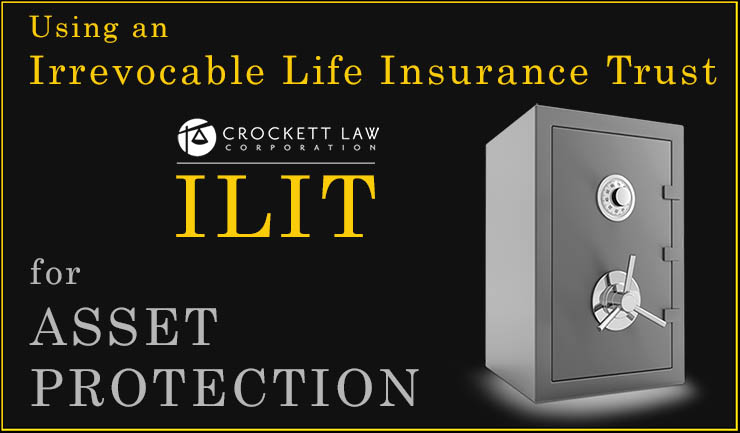
Partners pay tax on income earned even if it is not paid out to them
The taxation of Family Limited Partnerships should be carefully considered in advance of setting up and rolling out your new FLP.
FAMILY LIMITED PARTNERSHIP DEFINED
State laws have provisions allowing people to establish limited partnerships. Limited partnerships provide limited liability protection for the limited partners similar to the liability protection afforded corporation shareholders. The limited partnership is established by filing a form in the state in which it is being established and by the preparation of a limited partnership agreement which governs the ownership income and management of the partnership. The limited partnership agreement is custom prepared by the attorney forming the limited partnership and can have many variable aspects that need to be considered as part of the formation process.
A family limited partnership is legally no different from any other limited partnership except that it’s only members are family members. The term “family limited partnership” is something commonly used in the estate planning and asset protection field. A family limited partnership will have one or more general partners and one or more limited partners. Their respective roles are defined in the chart below:
 Orange County Estate Planning Lawyer Blog
Orange County Estate Planning Lawyer Blog


 People form family limited partnerships (FLP’s) to (i) transfer ownership of properties or assets to family members while still maintaining control; (ii) to save on estate and gift taxes; (iv) to shift income from parents’ higher tax brackets to children’s lower tax brackets; (iii) to provide some asset protection against liabilities of the property or assets put into the limited partnership or (iv) to provide asset protection against creditors of the limited partners.
People form family limited partnerships (FLP’s) to (i) transfer ownership of properties or assets to family members while still maintaining control; (ii) to save on estate and gift taxes; (iv) to shift income from parents’ higher tax brackets to children’s lower tax brackets; (iii) to provide some asset protection against liabilities of the property or assets put into the limited partnership or (iv) to provide asset protection against creditors of the limited partners.
 If you lose a lawsuit that has been filed against you personally then the winning party obtains a court judgment. That judgment is then enforceable against any accounts or property owned in your name. Also, the judgment is enforceable against whomever you transferred the accounts of property to if the transfer was a gift or a sale for less than fair market value.
If you lose a lawsuit that has been filed against you personally then the winning party obtains a court judgment. That judgment is then enforceable against any accounts or property owned in your name. Also, the judgment is enforceable against whomever you transferred the accounts of property to if the transfer was a gift or a sale for less than fair market value. If you lose a lawsuit that has been filed against you personally then the winning party obtains a court judgment. That judgment is then enforceable against any accounts or property owned in your name. Thus, if you operate a business in your individual name (instead of the business being operated in the form of a corporation) and if you lose a lawsuit against that business then the judgment is enforceable not only against the business assets but also against your home and take accounts in your name personally.
If you lose a lawsuit that has been filed against you personally then the winning party obtains a court judgment. That judgment is then enforceable against any accounts or property owned in your name. Thus, if you operate a business in your individual name (instead of the business being operated in the form of a corporation) and if you lose a lawsuit against that business then the judgment is enforceable not only against the business assets but also against your home and take accounts in your name personally.
